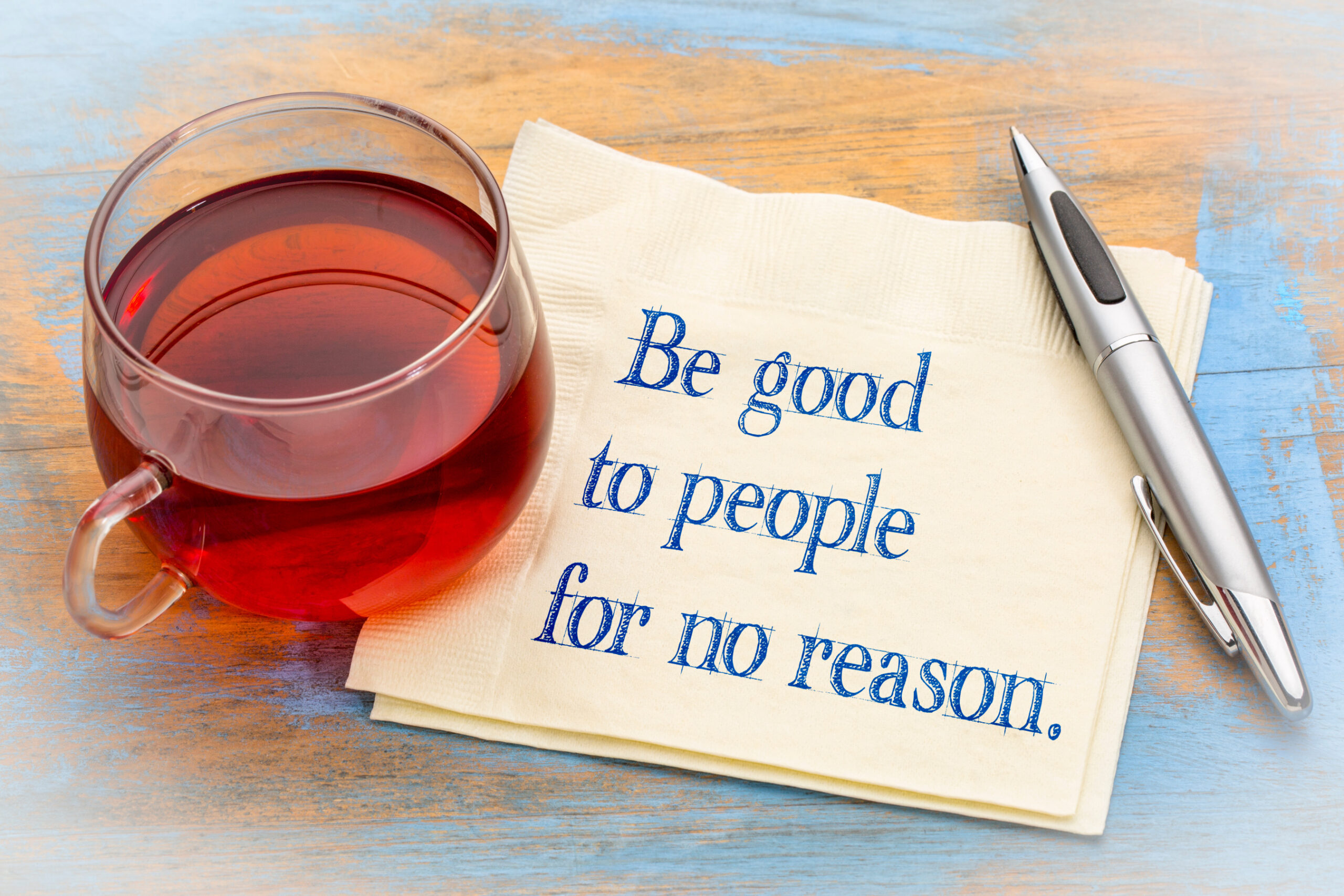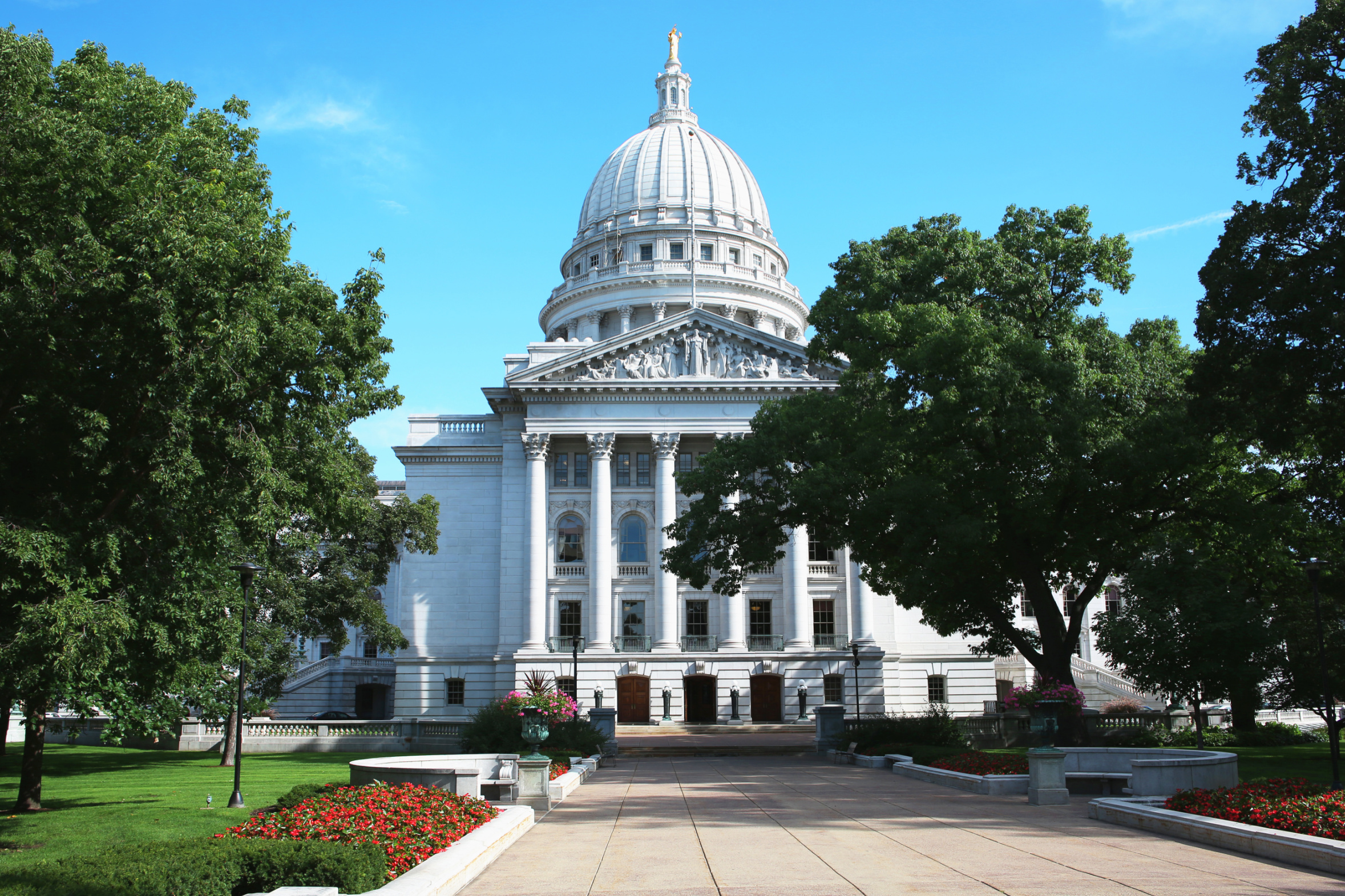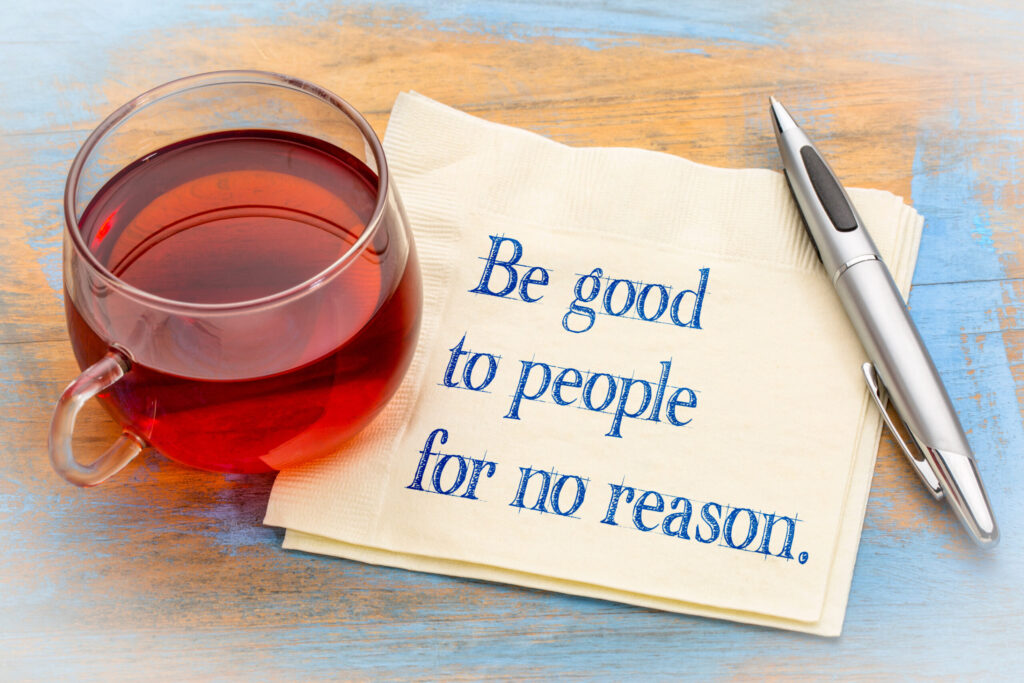Rediscovering Kindness: How Small Acts of Civility Can Transform Communities

In a world that often feels divided and rushed, the importance of kindness, respect, and civility can’t be overstated. These timeless principles—once the bedrock of American values and civics—seem to be eroding in the noise of modern life. Yet, these small acts of decency have the power to bring us together, bridge divides, and remind us of the shared humanity that unites us all.
Our society is increasingly consumed by the fast pace of technological advancements, social media dynamics, and the constant drive for success. In this hustle, the basic acts of kindness and respect can sometimes get lost or overlooked. But these small gestures—holding the door open for someone, offering a sincere compliment, or even just listening—carry immense power. They can brighten someone’s day, alleviate stress, and spark a ripple effect of goodwill that spreads through communities.
Let’s take a journey back to the basics of what it means to be a good person.
Being a good person isn’t about grand gestures or perfection; it’s about consistent, everyday actions that show kindness, empathy, and respect. Our society sometimes promotes the idea that success is measured by wealth, status, or influence, but true greatness is found in how we treat one another. Each act of kindness or consideration, no matter how small, adds up to create a ripple of goodwill, and this, in turn, strengthens the community around us.
As we revisit these values, we’re reminded that our actions don’t just impact those around us—they shape the future we leave behind. What legacy will we leave for the next generation? Will we teach them to prioritize power and material success, or will we show them that kindness, humility, and respect are what truly make the world a better place? By embracing these lessons, we can contribute to a culture of mutual respect and understanding, setting an example for the next generation.
One key lesson here focuses on the importance of avoiding questions about personal information, such as someone’s age or salary. These questions can make people uncomfortable, especially in casual settings. A study found that 71% of individuals feel these topics are too personal for general discussion. It’s easy to overlook how invasive such questions can be, but in doing so, we may unintentionally make someone feel self-conscious, judged, or even inadequate. So why is it important to avoid these topics unless someone chooses to bring them up?
The act of respecting someone’s privacy is an expression of kindness and civility. It reflects our recognition of their boundaries and shows that we value them as individuals, not just by what they have or how old they are. It’s a subtle but powerful way to demonstrate respect. Instead of prying into someone’s personal information, we can ask questions that invite them to share what they’re comfortable with, such as asking about their interests, passions, or recent experiences. These types of questions foster meaningful dialogue, build genuine connections, and respect the other person’s boundaries.
Our conversations often shape our relationships. A simple, thoughtful question can create a bond, while an invasive one can create distance. Asking about someone’s age or salary is rooted in curiosity about their status or achievements, but it’s important to remember that these aspects of a person don’t define them. We are more than our jobs or the years we’ve lived. When we avoid these questions, we’re encouraging a culture where people are appreciated for their full selves, not just the numbers or labels that society often attaches to them.
In fact, conversations that respect privacy go beyond just avoiding certain topics—they focus on creating an environment where people feel heard, valued, and understood. This is especially important in today’s climate, where many are struggling with feelings of isolation or pressure to meet certain societal expectations. When we show genuine interest in someone’s life outside of what is typically expected, we open the door to more authentic, deeper connections. In turn, these connections build stronger communities, where kindness and respect reign over judgment and comparison.
It’s not just about avoiding uncomfortable topics; it’s also about encouraging a culture of mutual understanding and compassion. Every person is carrying a unique story, and respecting that story by not prying into personal matters allows that person to share their experiences on their own terms. By taking the time to ask about someone’s passions or experiences, we’re signaling that we care about their thoughts, feelings, and individuality, not just about what’s on the surface.
Beyond just conversations, the principle of kindness and respect extends into how we interact with others in everyday life. It’s about being aware of how our actions, words, and behavior can impact those around us. Sometimes, a simple smile or a nod of acknowledgment can make a difference in someone’s day. The power of kindness often lies in its simplicity—being present, offering help when needed, and showing appreciation for others.
These lessons also challenge us to look inward. How do we treat ourselves with respect and kindness? Often, we’re our own harshest critics, and this can influence how we treat others. By embracing self-respect and self-compassion, we set a positive example for those around us. When we practice these values within ourselves, we create a space for others to do the same. It’s through this ripple effect that civility and kindness begin to take root in communities, creating a culture of mutual support and understanding.
This week, by practicing the lesson of avoiding invasive questions about age or salary, we’re taking a small but significant step toward making the world a better place. Every action, no matter how small, has the power to inspire others and build stronger connections. The beauty of kindness is that it’s contagious—it spreads from person to person, creating a network of compassion and respect that strengthens the fabric of our communities.
In this journey of rediscovering civics and kindness, we are reminded that it’s not about being perfect—it’s about being human. Each step we take toward being better individuals brings us closer to being a better nation. And while it’s easy to feel lost in the noise of modern life, we must remember that even the smallest acts of kindness and respect have the power to create a lasting impact. By embracing these values, we can help restore civility and kindness to the forefront of our lives, shaping a future where mutual respect and understanding are the foundation of our society.
Together, let’s rediscover the quiet power of civics in action and the enduring importance of kindness. Let’s make the world a better place, one small act of respect and kindness at a time.
RECENT










BE THE FIRST TO KNOW

More Content By
Jessica Curtis










